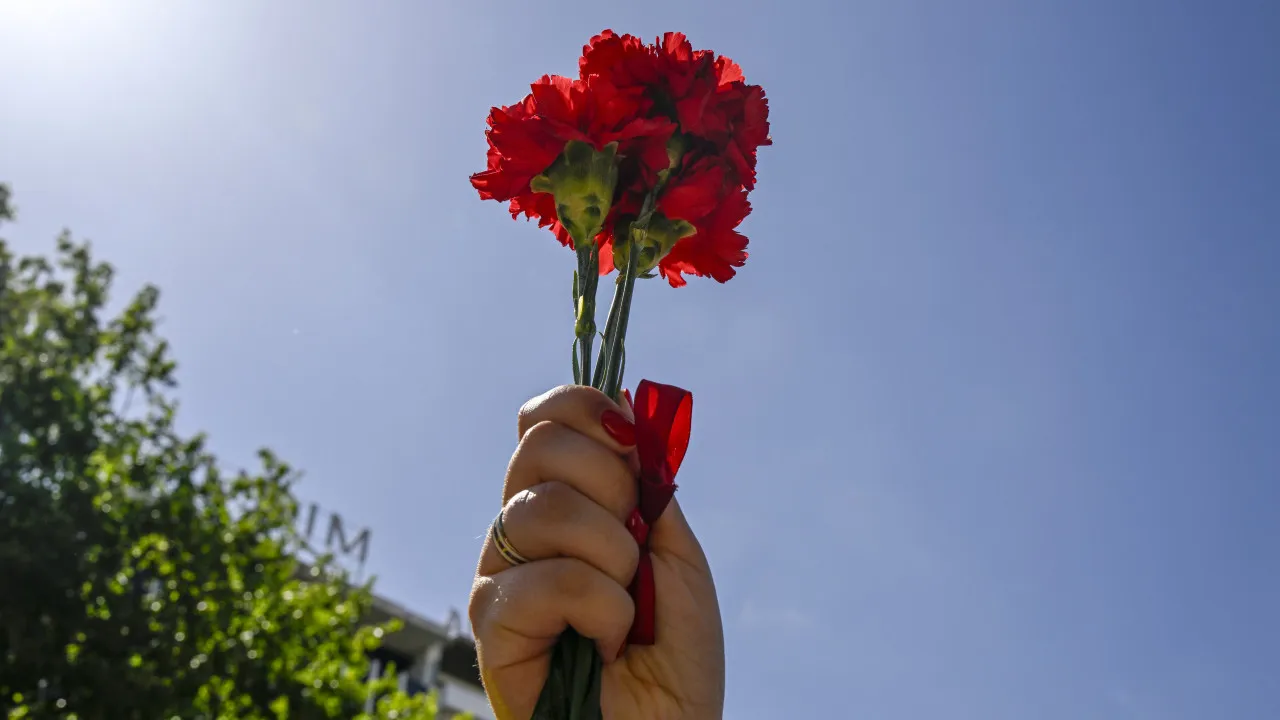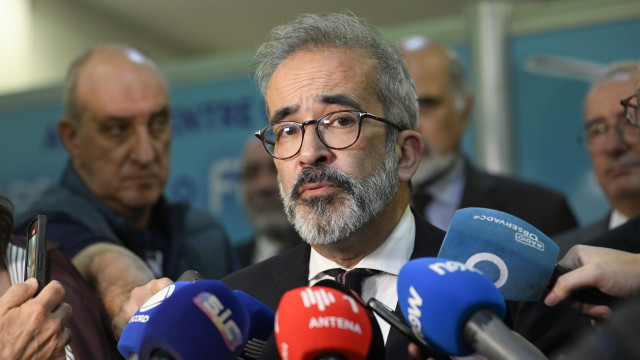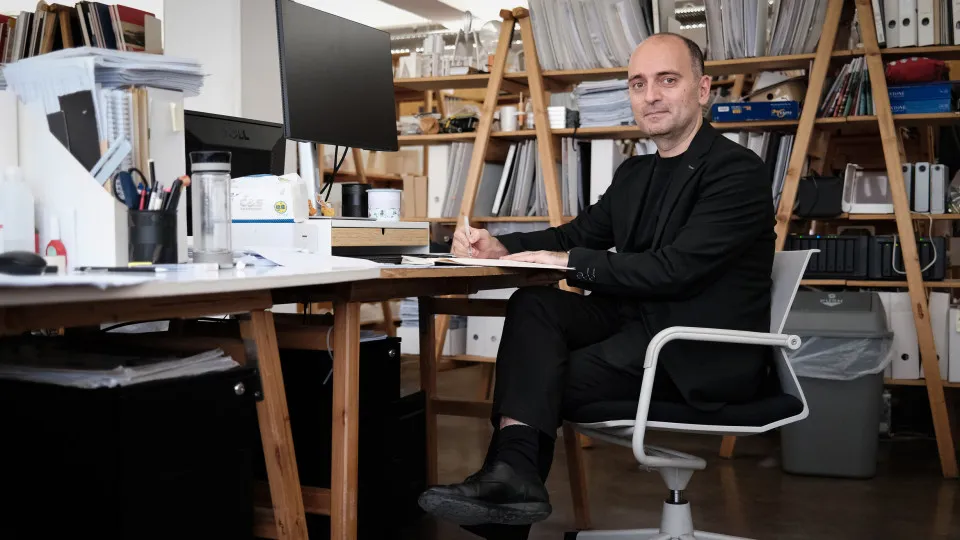
The process was initiated at the end of June last year and involved “two sets of phonograms (three reels of magnetic tape), containing the recording of the ‘Limite’ program segment that served as a password for the start of the Revolution and the recording of the ‘First Meeting of Portuguese Songs’ at the Coliseu dos Recreios on March 29 of the same year.”
At the time, the MMP noted that “the request to initiate the procedure was made on November 29, 2023, by the Alentejo Regional Directorate of Culture and the Municipality of Grândola.”
Today, in an announcement published in Diário da República dated June 30, the president of MMP, Alexandre Pais, publicly stated that, “based on the opinion of the Museums, Conservation and Restoration, and Movable Cultural Heritage Section dated May 5, 2025, it is the intention” of the public company to propose to the Minister of Culture, Youth, and Sports, the classification as movable property of national interest of the so-called ‘Senha da Liberdade.’
The first reel, owned by the Mário Soares and Maria Barroso Foundation, includes the reading of the first verse of the song “Grândola, Vila Morena,” the song itself, sound effects accompanying Leite Vasconcelos’s reading of the poems “Geography” and “Revolution Solar” by Carlos Albino, also including the song “Coro da Primavera” by José Afonso.
The second set – owned by RTP – includes two reels with recordings of the First Meeting of Portuguese Song, from March 29, 1974, which took place at the Coliseu dos Recreios in Lisbon.
“The proposed items are a set of original recordings and carry collective memories related to April 25, 1974, representing and witnessing significant national events, constituting movable cultural assets that are part of the phonographic heritage under the Cultural Heritage Base Law,” reads the order on this matter, dated December 2023.
Both sets were donated by Manuel Tomaz, responsible for the recordings and co-author of the “Limite” program, according to the information available in the order.
“We want to transform [these records] into national heritage, given the importance they have and because someday we risk losing them,” said, in 2023, the Mayor of Grândola, António Figueira Mendes.




